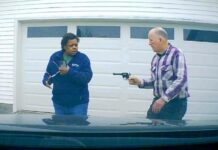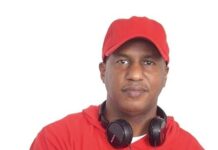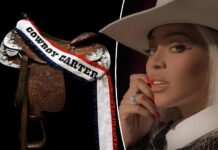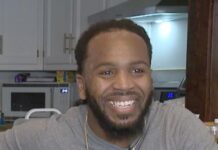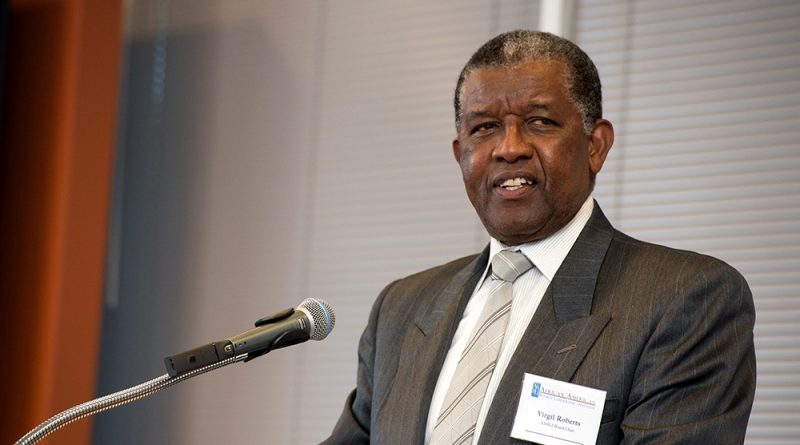
*“When I was born there was still Negro apartheid in America. Most black people couldn’t vote. A lot of places in America you had to sit in the back of the bus. There were no black partners in law firms.” Virgil Roberts, Philanthropist
During a recent business forum hosted by the Los Angeles Times, panel guest and noted attorney and philanthropist Virgil Roberts spoke exclusively with Reel Urban News about the social, economic and political climate of the country.
“The recent election has really thrown into doubt ‘Do we support and believe in a multicultural society?’ says Roberts. “The more events you have where you are demonstrating this is a multicultural society, there is a future and there are things we can do. It kind of takes away the sense you’re alone.”
In addition to the networking opportunity for attendees, Roberts believes, the Times event is significant as it provides a sense of unity and togetherness. “I think they’re very important given the times that we’re in,” says Roberts. “People need to feel there are others who support them.”
Heralded for his philanthropic endeavors, Roberts serves on several public and private Southern California boards including Community Build, Claremont Graduate School, Families in School, the Alliance of Artist and Records Companies and Broadway Federal Bank. A former music industry executive, Roberts was the president of Solar Records, one of the most successful African American-owned record companies in the 1980s. The experience made Roberts a champion of the personal and professional relationship. “[Relationships] are essential in all the things that we do,” says Roberts. “You must remember businesses are nothing more than people. A lot of times people think it’s a name. IBM is a logo, it’s not anything but a bunch of people.
The more that you can touch people, the greater the opportunity you have to solve problems and achieve your life goals. That’s what I’m looking for.”
Although Roberts, a graduate of Harvard Law School, is a recent recipient of a Lifetime Achievement Award presented by the 100 Black Men of Los Angeles, he has not lived a life free of struggle or challenge.
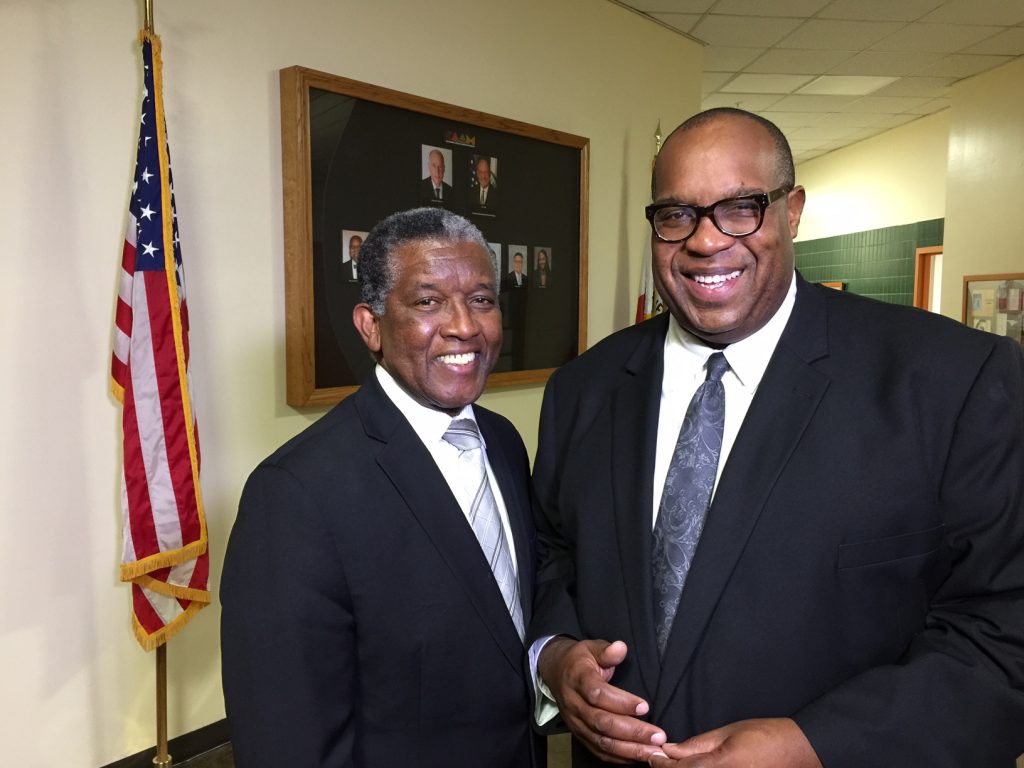
Roberts spoke candidly with Michael Reel of Reel Urban News about confronting life’s problems and difficulties. “The first thing I tell people is, ‘You’re not the first one to travel this path.’
‘I try to get people to think back to other things that have happened in their lives and remember how you thought, ‘I’ll never be able to get over this.’ It could have been your first date for a prom and nobody wanted to go with you. Guess what – you lived through it – you got over it and you prospered.”
The eternal optimist, Roberts relies on seasoned colloquialisms in his mission to encourage others. “The old school saying, ‘things that don’t kill you, make you stronger,’ that’s really true,” says Roberts.
“The strength is, you’ve learned you can come out on the other side.”
The veteran civil rights attorney represented the NAACP in the 1982 Los Angeles school desegregation case, Crawford v. Board of Education. Roberts implores students and young professionals to have a grasp and understanding of the past.
“Learn your history,” says Roberts, who clearly remembers the pain of his youth. “When I was born there was still Negro apartheid in America. Most black people couldn’t vote. A lot of places in America you had to sit in the back of the bus. There were no black partners in law firms.”
Although a native of Southern California and not the Deep South, Roberts has witnessed first-hand the sting of racism and segregation. “When I started practicing law in Los Angeles in 1972 we still had segregated eating clubs. Blacks weren’t allowed in the California Club, we weren’t allowed in the Jonathan Club. There were no black partners in law firms. Tom Bradley had not been elected mayor, we had no black caucus. We had Adam Clayton Powell.
“If you think of the arc of history beginning with slavery and ending with Civil Rights legislation in 1965, we lived in an apartheid system. There’s been remarkable progress made. And young people need to know how that happened.”
Reflecting on history, Roberts asks powerful but painful questions. “How do we go from a system in which you could lynch a black person every day and have a party or picnic to one in which we have the right to vote?
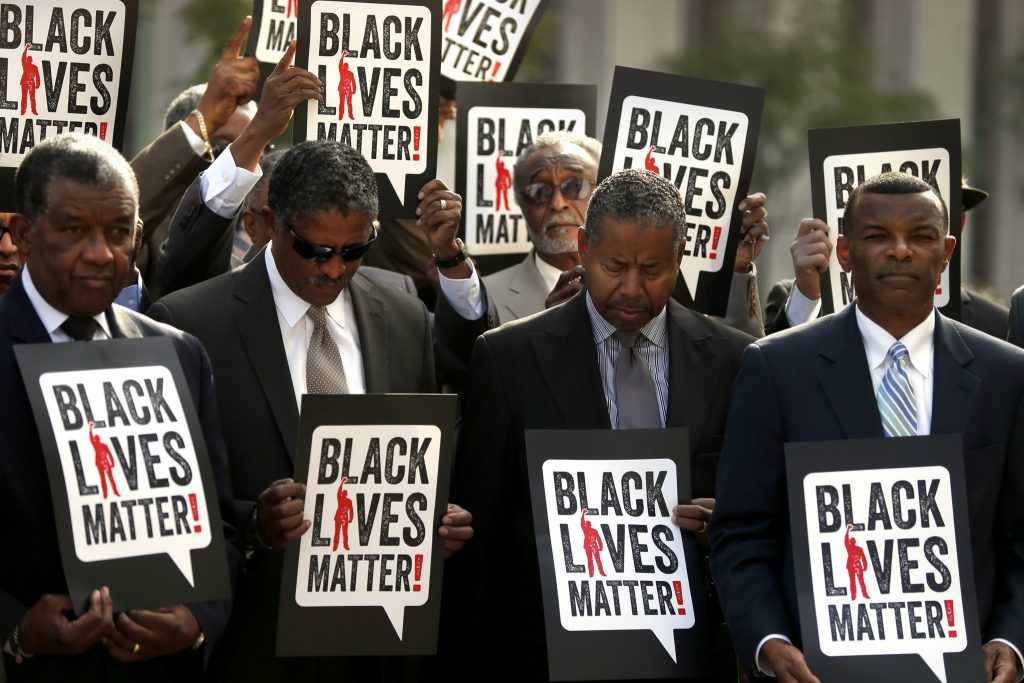
“We’ve had a black man serve as head of the Joint Chiefs of Staff and as President. So if you learn from the history that there was a huge struggle, much greater than the struggle we face today – we are able to overcome that by working together and trying to change society. Change is possible.”
In our closing moments with Roberts, the distinguished citizen shared his hope for the City of Los Angeles and the nation.
“My hope is that we’re going to see a rebirth of interest in civil rights and legal rights. The alt-right takeover is forcing us to come together to oppose it.
“The progressives need to come together and oppose what’s taking place in our society. I have a lot of faith that’s happening. I believe that basic culture and values of this county outweigh what we’re seeing from our president and others. We’re at a crossroads – we can go back, or we can go forward. I have a lot of confidence and faith we’re going forward. Lean in.”
This story first appeared on Michael Reel’s ReelUrbanNews.com
We Publish News 24/7. Don’t Miss A Story. Click HERE to SUBSCRIBE to Our Newsletter Now!
